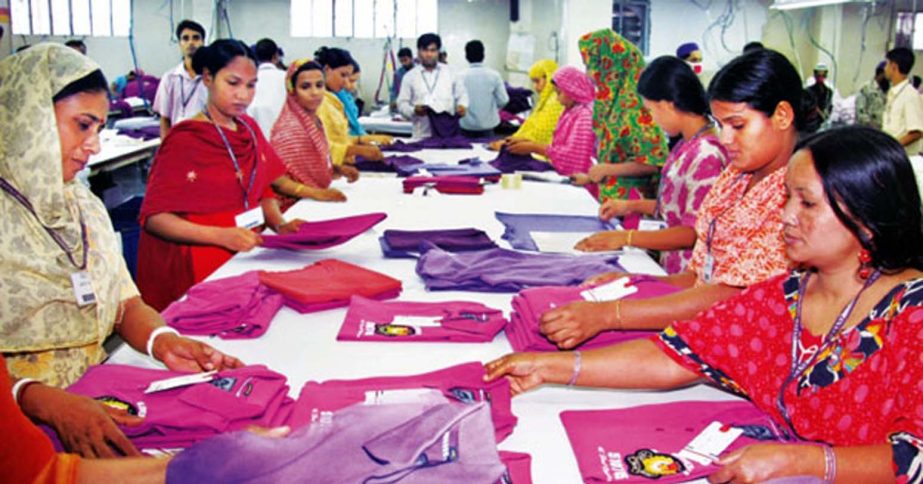
Economic Reporter :
The draft Labour Inspection Strategy for Bangladesh – first ever in the country – is following through a consultation stage before getting a final nod, sources said.
According to the sources, some 50 participants representing the government ministries and regulatory agencies, employers’ organisations, trade unions, brands and retailers, NGOS and development partners took part in the consultation.
The development of the strategy is an important step towards developing a credible and effective inspection system for Bangladesh.
In his address at the inaugural session on the Draft National Labour Inspection Strategy, Mujibul Haque Chunnu, state minister for Labour and Employment, said: “The Department of Inspections for Factories and Establishments has undergone considerable improvement in recent years.”
The labour inspection strategy will help set the direction for the next five years, he added.
Its primary purpose is to improve Bangladesh’s current inspection system and the performance of its enforcement responsibilities consistent with international labour standards and national legislation.
The strategy will focus on strategic priority areas and key measures to be undertaken over the next five years.
In addition, it will help guide employers, worker organisations, buyers and foreign investors so they can better understand the labour inspection environment.
During the consultation the need for the strategy to go beyond key export-oriented sectors was emphasised.
Mikail Shipar, secretary to the Ministry of Labour and Employment, said: “While much importance has been placed on the RMG sector we must also seek to systematically widen the labour inspection process to other key industries as well as those operating in the domestic market.”
The draft Labour Inspection Strategy for Bangladesh – first ever in the country – is following through a consultation stage before getting a final nod, sources said.
According to the sources, some 50 participants representing the government ministries and regulatory agencies, employers’ organisations, trade unions, brands and retailers, NGOS and development partners took part in the consultation.
The development of the strategy is an important step towards developing a credible and effective inspection system for Bangladesh.
In his address at the inaugural session on the Draft National Labour Inspection Strategy, Mujibul Haque Chunnu, state minister for Labour and Employment, said: “The Department of Inspections for Factories and Establishments has undergone considerable improvement in recent years.”
The labour inspection strategy will help set the direction for the next five years, he added.
Its primary purpose is to improve Bangladesh’s current inspection system and the performance of its enforcement responsibilities consistent with international labour standards and national legislation.
The strategy will focus on strategic priority areas and key measures to be undertaken over the next five years.
In addition, it will help guide employers, worker organisations, buyers and foreign investors so they can better understand the labour inspection environment.
During the consultation the need for the strategy to go beyond key export-oriented sectors was emphasised.
Mikail Shipar, secretary to the Ministry of Labour and Employment, said: “While much importance has been placed on the RMG sector we must also seek to systematically widen the labour inspection process to other key industries as well as those operating in the domestic market.”

